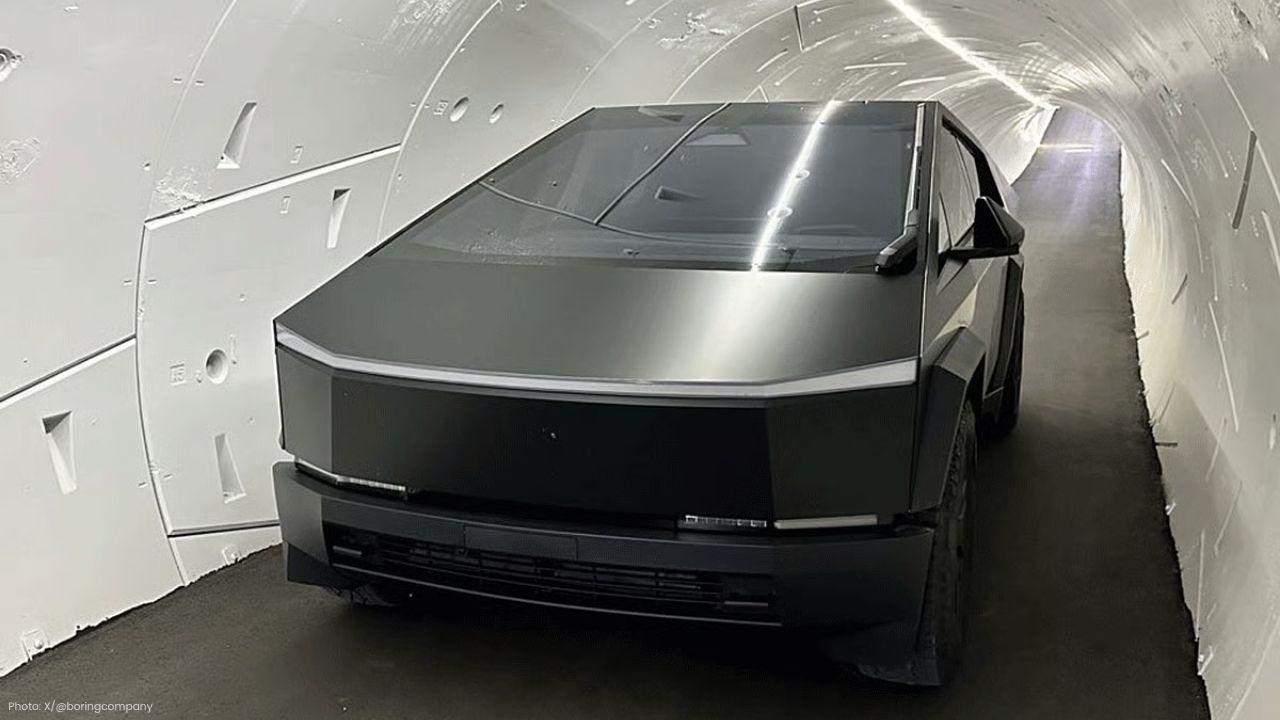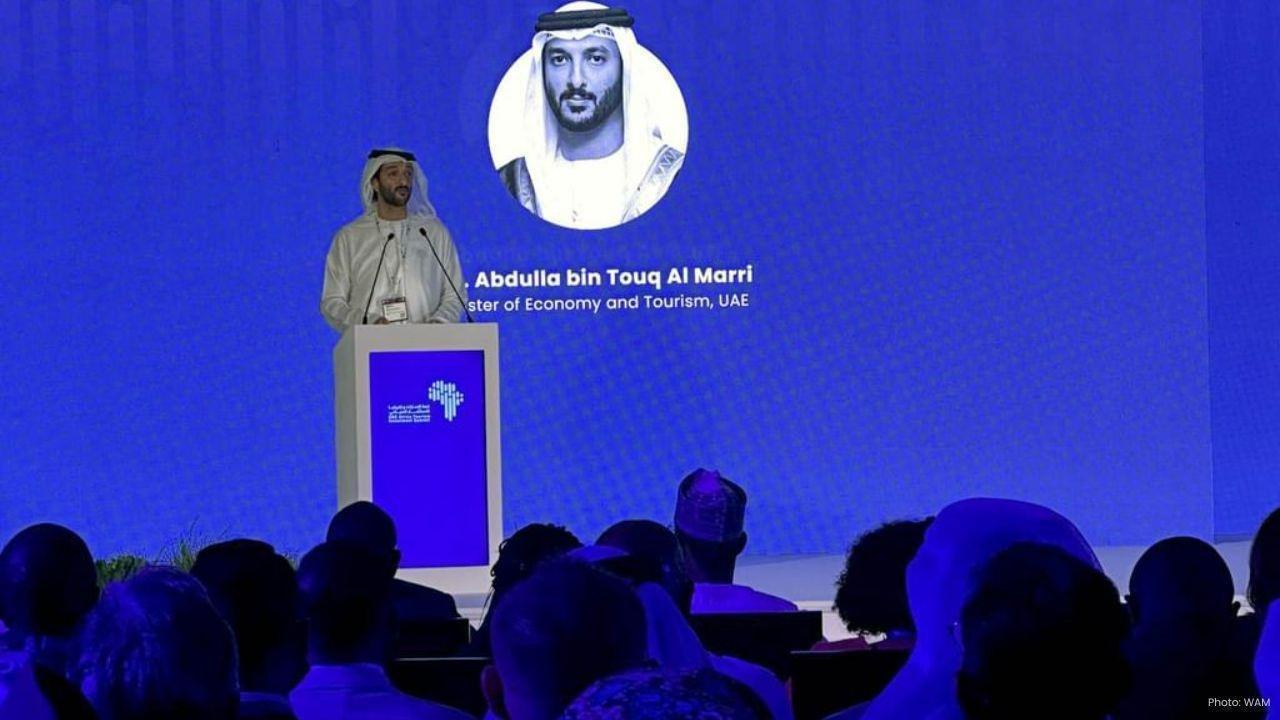
Post by : Monika
Photo: Reuters
Volkswagen, one of the world’s largest and most respected car manufacturers, has announced a major plan to invest up to €1 billion in artificial intelligence (AI) by the year 2030. This investment is designed to transform the company’s operations, improve vehicle development, and strengthen its position in the competitive global automotive industry. It reflects the growing importance of digital technologies and AI in shaping the future of the car business.
Why Volkswagen Is Investing in AI
Volkswagen’s leadership has recognized that AI is no longer just a technical tool but a strategic necessity. The company believes AI can help it become faster, more efficient, and more innovative. The investment in AI will touch nearly every aspect of Volkswagen’s operations, including vehicle design, manufacturing processes, and IT infrastructure.
The Chief IT Executive of Volkswagen, Hauke Stars, explained that AI is “the key to greater speed, quality, and competitiveness along the entire value chain, from vehicle development to production.” This statement highlights how the company sees AI not only as a way to improve technology but also as a method to improve business performance.
In practical terms, Volkswagen expects AI to help the company develop new car models faster, improve the quality of vehicles, and reduce production errors. These improvements could give Volkswagen an edge over competitors, especially as the car market becomes more global and fast-moving.
Expected Savings from AI
Volkswagen estimates that the investment in AI could lead to savings of up to €4 billion by 2035. These savings will come from more efficient production processes, faster vehicle development, better quality control, and improved IT systems.
For example, AI can predict potential problems in car designs before they reach production. It can also monitor manufacturing lines in real-time to detect issues immediately, reducing the number of defective vehicles. Additionally, AI can optimize supply chains, ensuring that parts are delivered on time and reducing storage costs. All of these efficiencies together could save the company billions of euros over the coming years.
Focus Areas of the Investment
Volkswagen plans to spend the €1 billion investment in several key areas. These include:
AI-Supported Vehicle Development:
AI will be used in the design and development of new vehicles. This means computers will help engineers test new designs, simulate real-world conditions, and predict how cars will perform. By using AI, Volkswagen can reduce the time it takes to bring a new model from the drawing board to the showroom, making the company faster in responding to market trends.
Industrial Applications:
AI will also play a major role in Volkswagen’s factories. It can help control machines, detect faults in the production line, and improve overall efficiency. For example, AI systems can monitor robots that assemble cars and ensure they work correctly, preventing costly mistakes. This will allow Volkswagen to produce more cars with better quality while keeping costs down.
High-Performance IT Infrastructure:
To handle AI properly, Volkswagen will need powerful computer systems that can process large amounts of data quickly. The investment includes upgrading IT infrastructure to support AI applications. These systems will enable the company to analyze data from vehicles, factories, and suppliers more effectively, helping managers make better decisions faster.
Volkswagen’s Strategy and Goals
This AI investment is part of Volkswagen’s broader strategy to modernize and digitize the company. The automotive industry is rapidly changing, with electric cars, autonomous driving, and connected vehicles becoming more common. Volkswagen recognizes that it must innovate not only in vehicles but also in the way it operates as a company.
Volkswagen is already showing signs of innovation. At the IAA car show in Munich, the company unveiled the ID.CROSS, a new compact electric SUV concept. The vehicle is part of Volkswagen’s plan to offer more affordable electric cars, highlighting the company’s commitment to sustainability and innovation.
The ID.CROSS is also an example of how Volkswagen is integrating new technologies into its vehicles. While it is still a concept, it demonstrates the company’s goal to combine electric mobility with smart features, which could eventually include AI-powered systems for safety, efficiency, and autonomous driving.
Why AI Is Critical for the Auto Industry
The automotive industry is changing faster than ever. Electric cars, autonomous vehicles, and connected mobility services are redefining what it means to produce and sell a car. Companies that fail to adopt new technologies risk falling behind.
For Volkswagen, AI is not just a tool—it is a foundation for the future of the company. By investing now, Volkswagen aims to stay ahead of competitors and maintain its position as a leading global automaker.
Challenges and Risks
While the AI investment has great potential, it is not without challenges.
Technological Challenges: Developing AI applications for vehicle design, manufacturing, and autonomous driving is complex. Volkswagen will need skilled engineers, software developers, and data scientists to make the investment successful.
Regulatory Challenges: Laws regarding AI, autonomous vehicles, and data privacy differ across countries. Volkswagen must ensure compliance with all regulations to avoid legal problems.
Market Adoption: AI-powered features must be accepted by customers. Consumers may be cautious about autonomous driving or AI-driven vehicle services, which could affect the success of new products.
Competition: Other global carmakers, tech companies, and startups are also investing in AI. Volkswagen must ensure its investments lead to tangible advantages to remain competitive.
Despite these challenges, Volkswagen’s past achievements show that the company is capable of executing ambitious projects. Its focus on AI is part of a long-term plan to strengthen its global presence and embrace the future of mobility.
Volkswagen’s Global Ambition
Volkswagen operates in multiple key markets, including Germany, China, and the United States. Its AI investment is part of a larger effort to maintain competitiveness globally.
In Germany, the company is restructuring production and focusing on electric mobility and digitalization. In China, which is the world’s largest car market, Volkswagen is expanding its electric vehicle offerings and using AI to improve customer experience and factory efficiency.
Globally, Volkswagen aims to be a leader in electric, connected, and autonomous vehicles. AI will be central to achieving this goal, helping the company meet both environmental goals and consumer expectations.
Looking Ahead
Volkswagen’s €1 billion investment in AI is a bold and forward-looking decision. By integrating AI into vehicle development, manufacturing, and IT infrastructure, the company aims to improve efficiency, reduce costs, and accelerate innovation.
If successful, this investment could transform Volkswagen into a technology-driven automaker capable of competing in a rapidly changing global market. It could also set new standards for other car companies, showing how AI can improve vehicle quality, production processes, and overall business performance.
Volkswagen’s focus on AI demonstrates its commitment to modernization and digital transformation. As the automotive industry evolves, companies that adopt advanced technologies like AI will be better positioned to succeed. Volkswagen’s investment ensures it is ready to face the challenges and opportunities of the future.
Volkswagen’s decision to invest €1 billion in AI highlights the importance of technology in modern car manufacturing. By using AI in vehicle development, production, and IT infrastructure, the company plans to save billions, improve efficiency, and remain competitive globally.
This strategic investment will allow Volkswagen to innovate faster, enhance quality, and better meet consumer needs. It also positions the company as a leader in the digital transformation of the automotive industry.
As AI continues to shape the future of cars and mobility, Volkswagen’s investment underscores the company’s dedication to innovation, efficiency, and sustainability, ensuring it remains a key player in the global automotive market for years to come.










NBA Friday Recap: Powerhouse Wins for Miami, LA, Milwaukee, and Clippers
Miami, LA Lakers, Milwaukee, and Clippers triumphed in a thrilling NBA Friday, showcasing standout p

Doncic Shines with 49 Points in Lakers' 128-110 Victory over Timberwolves
Luka Doncic dazzles with 49 points as the Lakers secure a 128-110 win against the Timberwolves, show

Kings Triumph Over Jazz 105-104 with Last-Minute Sabonis Effort
The Sacramento Kings edged out the Utah Jazz 105-104, with Domantas Sabonis making the decisive shot

Argentina's Friendly Match Against India Delayed, New Date to be Announced
The friendly match between Argentina and India in Kochi has been postponed due to FIFA approval dela

Rohit and Kohli Conclude ODI Journeys in Australia with a Victory
Rohit Sharma and Virat Kohli bid adieu to Australian ODIs with a final win, forming a 168-run partne

George Russell's Wrestling Mask Antics at Mexican Grand Prix
George Russell donned a wrestling mask to enjoy the Mexican Grand Prix from the stands, providing a